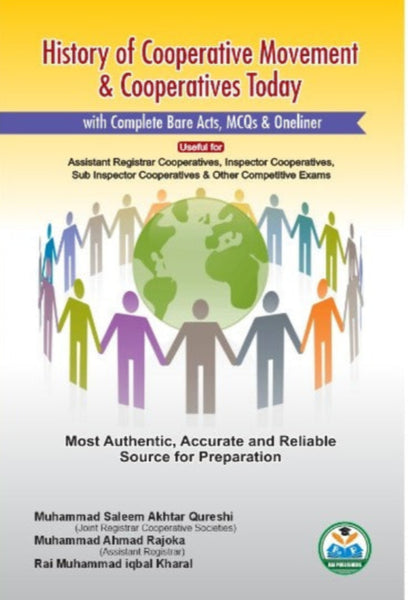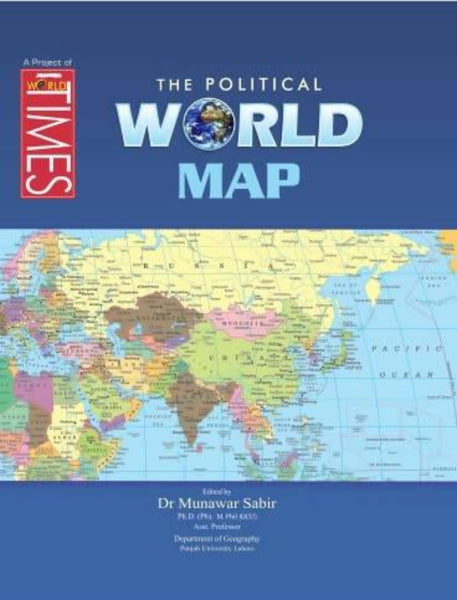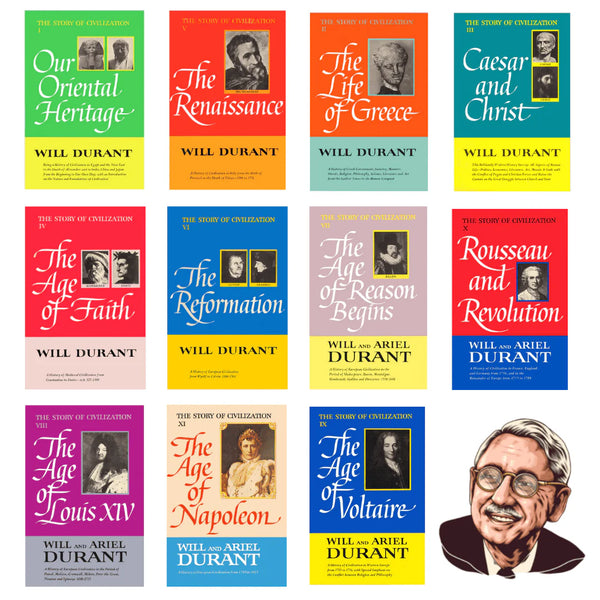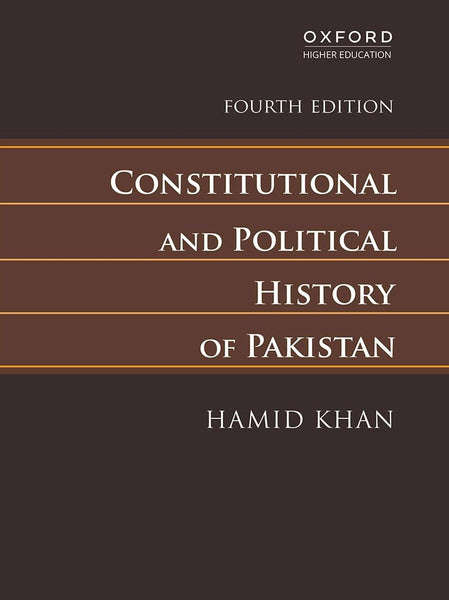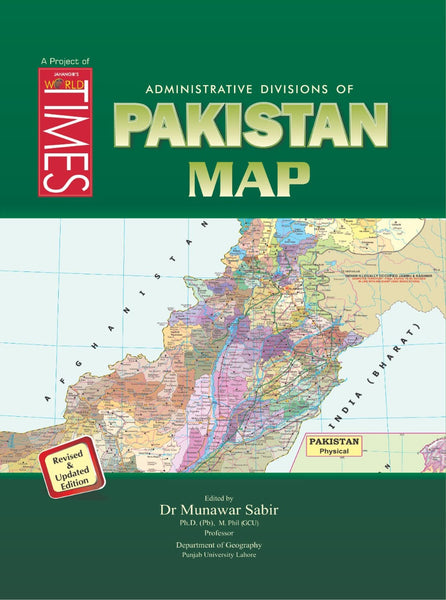Mein Kampf: an autobiography By Adolf Hitler
- Publisher: READING CLASSICS
- Availability: In Stock
- SKU: 28159
- ISBN: 9789696400912
- Number of Pages: 554
Rs.1,120.00
Rs.1,499.00
Tags: Adolf Hitler , anti-Semitism , Aryan race , dangerous ideologies , dictatorship , extreme nationalism , fascism , fascist propaganda. , German expansion , history of Nazism , Hitler’s views , Holocaust , Lebensraum , mass manipulation , Mein Kampf , National Socialism , Nazi ideology , Nazi Party , political manifesto , propaganda , racial supremacy , Readings Books , totalitarian regime , war philosophy , Weimar Republic , World War II
Mein Kampf is the infamous political manifesto and autobiography written by Adolf Hitler during his imprisonment in 1924. The book outlines Hitler's political ideology, his views on race and nationalism, and his vision for the future of Germany. It became the foundation for Nazi ideology and played a crucial role in the development of the Nazi Party's policies. The text is controversial due to its content, advocating for extreme nationalism, anti-Semitism, and the concept of a racially homogeneous society.
Key Points
-
Personal Background
The book begins with Hitler’s personal history, detailing his early life, struggles, and formative years, particularly his time in Vienna, where his extreme views began to take shape. -
Ideology of National Socialism
Hitler elaborates on the political and racial theories that became central to Nazi ideology, emphasizing the supremacy of the Aryan race and the importance of a strong, centralized state. -
Anti-Semitism
A significant portion of Mein Kampf focuses on Hitler's anti-Semitic beliefs, blaming Jews for Germany's problems and advocating for their exclusion and removal from society. -
Lebensraum (Living Space)
Hitler discusses the idea of expanding German territory to the east, which would involve the conquest and colonization of lands in Eastern Europe, displacing the native populations in the process. -
The Role of the Führer
The concept of a dictatorial, charismatic leader, or Führer, is central to Hitler’s vision of governance. He stresses the importance of a strong, authoritarian figure to guide the nation. -
Propaganda and Mass Manipulation
Hitler explores how propaganda can be used to manipulate the masses, create unity, and rally support for the Nazi agenda. -
Critique of the Weimar Republic
Hitler criticizes the Weimar Republic, blaming it for Germany's political and economic instability following World War I. He advocates for the overthrow of the existing democratic government. -
The Importance of War
War is viewed as a means to achieve national greatness, and Hitler outlines his belief in the necessity of conflict for achieving German dominance in Europe. -
Views on Democracy and Marxism
Hitler expresses disdain for democracy and Marxism, viewing both as destructive forces that undermine national unity and strength. -
Impact on Nazi Policies
Mein Kampf served as the ideological basis for the policies enacted by the Nazi Party, including the Holocaust, territorial expansion, and the reorganization of German society according to Nazi ideals.
Conclusion
Mein Kampf remains one of the most controversial and dangerous works of the 20th century. Its ideological and racial content played a pivotal role in the rise of Adolf Hitler and the Nazi regime, leading to the devastation of World War II and the Holocaust. It serves as a stark reminder of the destructive power of extreme nationalism and hate-based ideologies.



